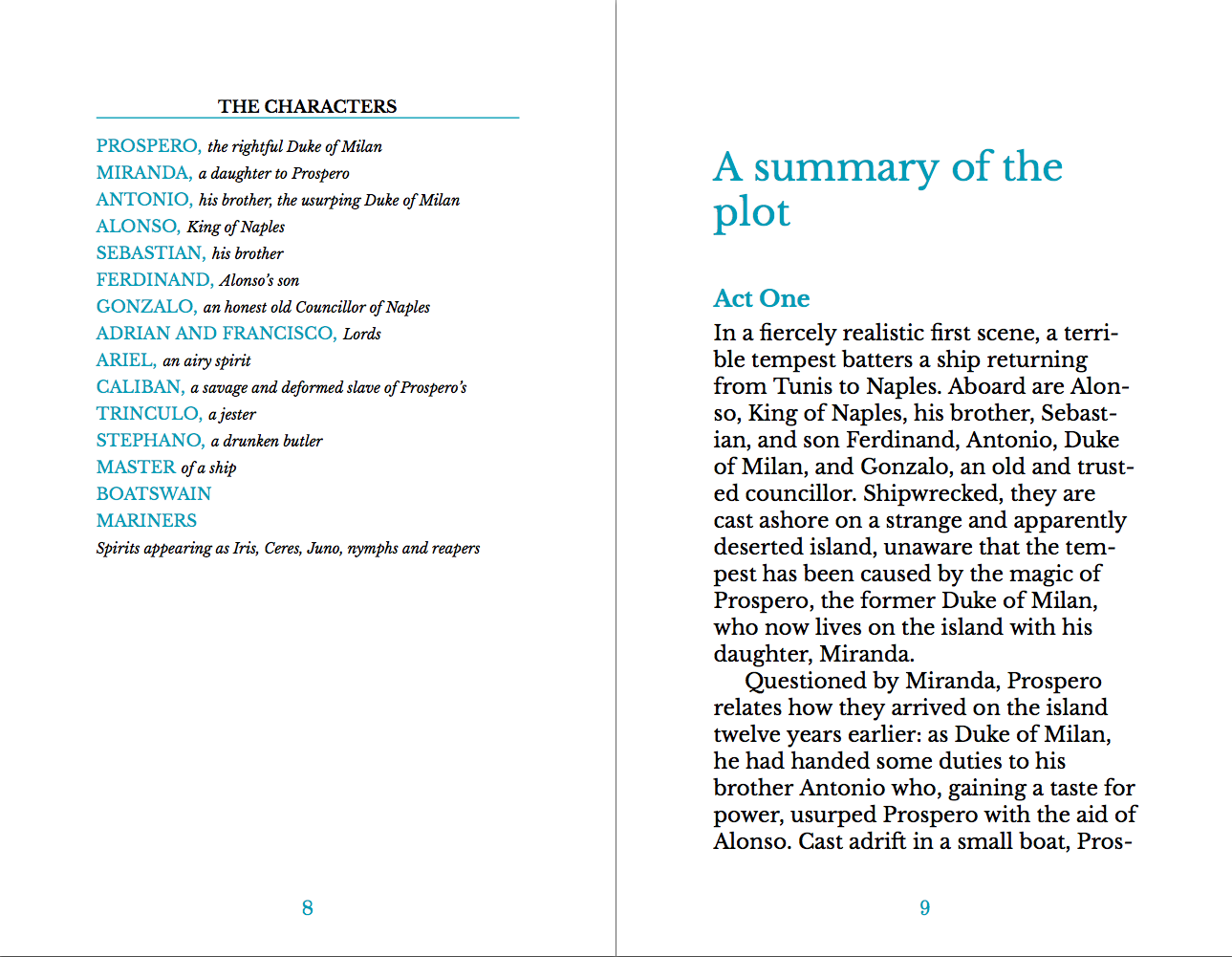You might be under the false assumption that “real books” aren’t self-published. Back in the day, self-publishing was considered to be on par with vanity publishing, the dead end route whereby authors pay to have their works published.
The dawn of the digital era and the proliferation of electronic reading devices has changed everything. Publishing houses are actually starting to look to self-publishers for works and talent compatible with their interests.
Though self-publishing seems to be the way of the future, it’s really nothing new. You might be surprised to learn that many of the titans of literary history were self-published at some point in their careers, including the likes of William Blake, Elizabeth Barrett Browning, Lord Byron, Benjamin Franklin, Ernest Hemingway, Leo Tolstoy, Mark Twain and many more. We’re living in an exciting time where the tools for self-publishing make it easier than ever to get your own works into the hands of interested readers.
Advantages to Self-Publishing With WordPress
 If Benjamin Franklin were alive today, he might consider publishing his thoughts and ideas with WordPress. Franklin was a partner in a colonial newspaper called the Pennsylvania Chronicle where he published revolutionary articles criticizing the Crown. The anti-British sentiment in the paper eventually led to the Crown Post rejecting its delivery throughout the colonies. This prompted Franklin, in cooperation with his partner William Goddard, to establish an alternative mail system, the Constitutional Post, which later became the US Post Office.
If Benjamin Franklin were alive today, he might consider publishing his thoughts and ideas with WordPress. Franklin was a partner in a colonial newspaper called the Pennsylvania Chronicle where he published revolutionary articles criticizing the Crown. The anti-British sentiment in the paper eventually led to the Crown Post rejecting its delivery throughout the colonies. This prompted Franklin, in cooperation with his partner William Goddard, to establish an alternative mail system, the Constitutional Post, which later became the US Post Office.
I see many corollaries with modern journalism today. Breaking news and objective viewpoints often come from the blogosphere and not the corporate news desks, where the flow of information can often be corrupted by sponsors and “good ol’ boy” relationships. Many modern journalists use WordPress to publish their findings and expose abuses of power without being worried about stepping on corporate toes.
Whether you’re circulating a periodic publication or writing a book, WordPress provides an easy way to organize and structure your content while it’s in process. Posts can be kept private while you’re working on finishing the book. Alternatively, you can release installments of your work to the public by publishing them on your WordPress site. This option gives you the benefit of community feedback during the process of writing your book. Whatever process you choose to enhance your workflow is up to you. WordPress offers the flexibility and tools for any approach and provides several advantages over traditional publishing houses.
Advantages to Publishing with WordPress
- Book in process is stored on your server: Access your content from anywhere in the world
- Pre-publish on your WordPress site or keep your posts private
- Full creative and editorial control over your work
- Time to get your book to the market is much faster
- Print on demand
- Full control of pricing and distribution
Options for Self-Publishing With WordPress
There are several plugins available that make it easy to publish WordPress content in print and digital formats. Let’s take a closer look at some of the front-runners:
Anthologize
Anthologize is a free, open source WordPress plugin that helps you to outline, order and edit your work to prepare it for publication. You can create content directly within Anthologize or use it to grab posts that you’ve already written. You also have the option of pulling in a feed from an external site for inclusion in your publication. From there you can easily arrange all of your content via drag-and-drop and then export it into one volume. Anthologize supports several ebook formats, including PDF, EPUB and TEI.
Anthologize is not just for arranging book chapters. It also makes it easy to create any kind of anthology. You can use it to organize research for academic journal submissions, publish collections of student work, create hard copies of your blog or diary for personal records or to arrange some of your best blogs for printing.
BookPress Client
BookPress Client is another free plugin that allows you to organize your posts into an eBook. The plugin interfaces with the BookPress content-converting server to bind your book into ePub and Kindle mobi formats.
The plugin creates the new posts using a custom post type so that your book posts won’t show up with the normal blog posts on your site. You can also create multiple books from one WordPress site so that you don’t have to set up a new site for each book. BookPress Client also includes the ability to set the cover image to be shown for your book in the Kindle store or other stores. Best of all, the BookPress content conversion service is totally free.
PressBooks
PressBooks is a GPL-licensed plugin that is best when used with a fresh installation of WordPress multisite. It transforms your WordPress setup into a network that is centered around book creation. You can create and edit multiple books where each site on the network is devoted to one book. PressBooks can export your work to PDF (for print-on-demand), Mobi (for Kindle), and EPUB (for Apple iBooks, Nook, Kobo and other ereaders).
The open source PressBooks plugin essentially creates your own hosted version of PressBooks.com, so you may want to try that first before setting up your own instance. This isn’t a plugin that you would mix in with your regular WordPress site. It’s meant to be used only for book creation, due to the significant changes that it makes to customize the admin and presentation layer for books and structured documents.
Convert a WordPress.com Blog to a Book
If you want to create a book using your content from a WordPress.com blog, there are several services available for building your book. One popular choice is Blurb, a platform for making, printing and publishing independent books. The process involves importing your content from WordPress.com and then designing page layouts and editing using the BookSmart software to prepare your book for publishing.
Other services that work with WordPress.com include FastPencil and Blog2Print, each with a similar process to Blurb and services to help you sell books and ebooks on Amazon, Apple, Barnes and Noble, Ingram, Kindle, Nook and other stores.
Create a Book From an RSS Feed
In order to create a book from an RSS feed the content will have to be public before publishing it. If you’re comfortable with that, you can use a service like zinepal or bloxp to turn your blog into an ebook. Zinepal has a free option creating the Kindle, Mobipocket or ePub file and then formatting the book. Additional options are available with Pro option.
Bloxp is an entirely free option for creating an eBook from your RSS feed, although it is limited to 250 blog posts. Once it crawls your site, Bloxp cleans its contents to create a well-formatted ebook. This one doesn’t come with a lot of extra options – it’s just the basics for converting your content into an ePub or Mobi file, readable in most ebook readers.
Distribution and Promotion
There are many services that you can use to build your book, but doing so in a vacuum is not recommended. You might consider getting a professional editor to provide a copy editing service for your book before sending it out into the world. Once it’s been polished up and prepared for sale, you’ll need to select an avenue for distribution.
Selling your book through a distributor is one way to get it out to the public. However, the most profitable way to sell your book is by distributing it on your own website. This is another aspect that WordPress can easily handle. If you’re just selling a book (or multiple books), you don’t even need a full e-commerce set-up. At the most basic level, you could simply paste a PayPal button code on your site to sell your book. Alternatively, you could use a free plugin such as Easy Digital Downloads, which is entirely devoted to selling digital files, to provide a smoother checkout experience for your book customers.
Using WordPress to handle distribution opens up many other avenues for promotion and capturing leads generated by the book buzz. You can use WordPress to blog about the book, create a community around your work and provide a way for people to sign up for your newsletter to stay in touch. With a little bit of strategy, you can build an entire business around your book.
Self-publishing is at the core of the WordPress mission to democratize publishing. With a few additional plugins the platform can handle every aspect of self-publishing from start to finish, whether you’re sending your book out to the many electronic readers around the world or formatting it to be printed. If publishing a book is on your list of goals for 2014, WordPress has all the tools you need to create, publish and promote your book.





Wow, so many different options for publishing! What an amazing collection of resources. I’ve been setting the goal to publish in 2014, so your outstanding article came just in time! Great post Sarah!